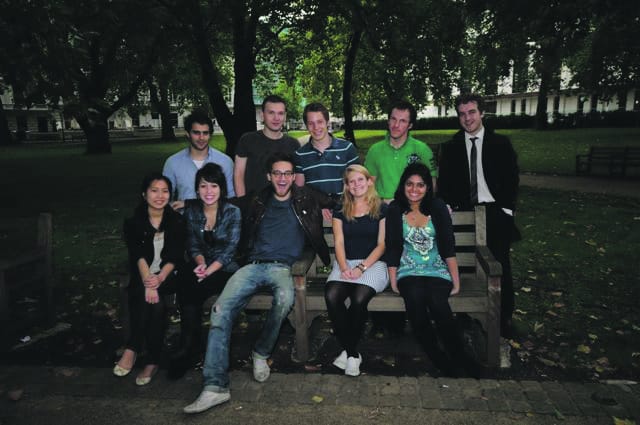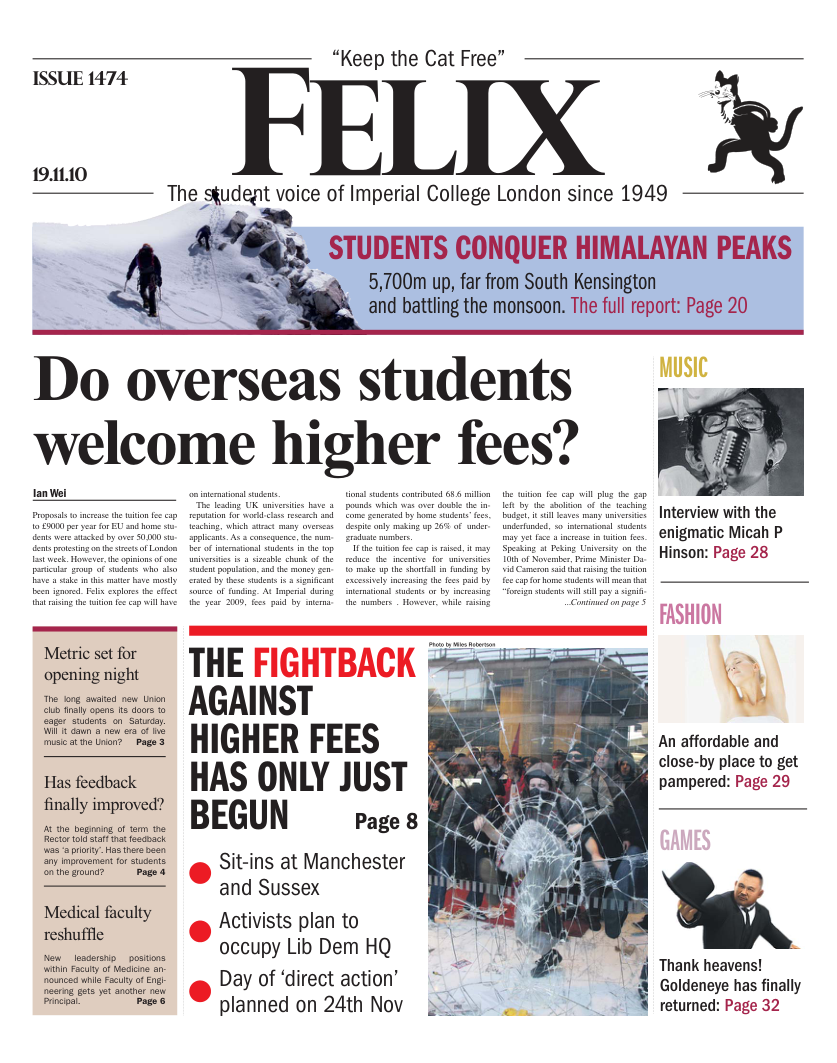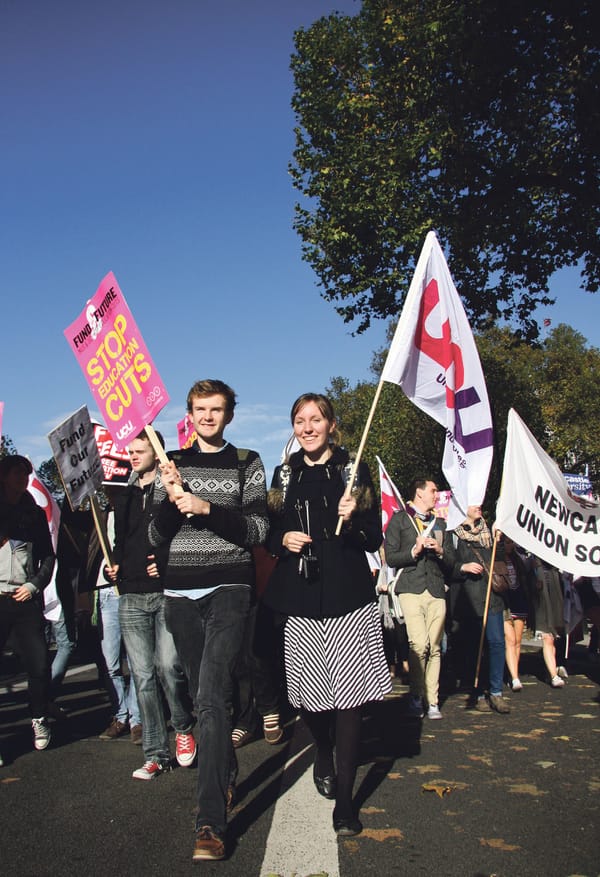Imperial iGem team win in U.S.
Imperial iGem team brings laurels back home, all the way from the US! By Benjamin Miller and Harriet Gliddon

A team of 10 Imperial undergraduates presented a research project at MIT last week and took away an impressive number of awards. The field was synthetic biolog-y; a groundbreaking approach to designing biological systems using engineering practices. There was some stiff competition between the 130 teams taking part from all over the world, with each project showing the incredible potential of this revolutionary field. From yeast designed to terraform Mars, to using E. coli as a form of data storage, every idea was both inspiring and original.
The Imperial project focused on a detection kit for the waterborne parasite Schistosoma, which causes schistosomiasis (bilharzia). This neglected tropical disease infects 200 million people around the world, and is found in developing countries where sanitation is inadequate. In addition to discussing the biological processes involved, the team contextualised the project by considering how the detection kit would be implemented in the field. An application has actually been put forward to the Bill & Melinda Gates Foundation, with the hope that the research may one day become a reality.
The team also ran a series of school workshops around London, explaining the concept of synthetic biology to A-level students. They were encouraged to come up with their own ideas for new synthetic biology applications, and then act out TV adverts to explore exactly how they would bring these products to market. The team hopes to continue this as a wider public engagement program around the UK in partnership with other iGEM teams. Like many emerging fields, synthetic biology raises many ethical, social and legal questions. Addressing them requires scientists to fully understand and engage with the wider public, something that needs to improve in the future for people to find new technologies like synthetic biology socially acceptable.
Continuing Imperial’s amazingly successful string of projects at iGEM, the team won awards for Best Website, Best Human Practices Advance and the peer-reviewed iGEMers Award, as well as reaching the final 6 of the competition. This meant they had to present the project to over 1500 people, an experience most of them would like to forget. But don’t let that put you off! If you think iGEM might be for you, check out their website at 2010.igem.org/Team:Imperial_College_London.
What’s so unique about the iGEM competition is the fact that it’s the students who come up with the ideas and actually put them into practise, something very few undergraduates have the opportunity to experience at university. So make sure you get involved in next year’s team!
Benjamin Miller and Harriet Gliddon






